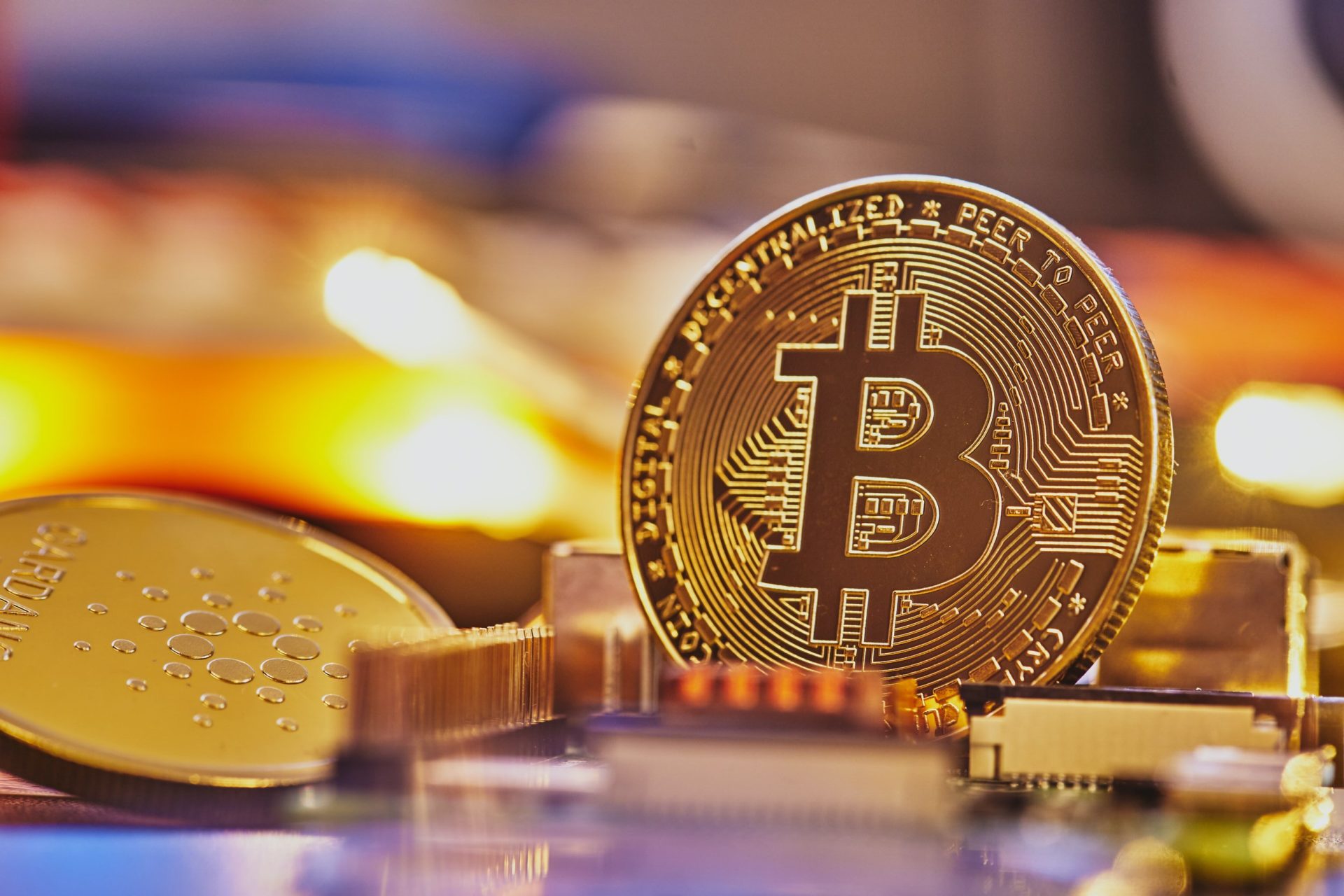
As the world deplores the great humanitarian tragedy in Ukraine, we are increasingly seeing crypto and NFTs playing a prominent role in the crisis. Just days into the war, Ukrainian officials posted addresses for two crypto wallets on their Twitter account, and are since estimated to have raised more than $100 million in crypto to cover items for the military such as bulletproof vests, packed lunches, and medicine. On March 16, Ukraine passed legislation legalizing and regulating crypto under the National Securities and Stock Market Commission. In addition, non-government entities formed a decentralized autonomous organization called UkraineDAO, said to raise money for supplies for the Ukrainian army.
Non-fungible tokens (or “NFTs”) have also taken on a role in the crisis. NFTs are units of data – such as a picture – stored on a blockchain, offering proof of authenticity and ownership of the token. UkraineDAO, for example, is purported to have raised $6 million through the sale of an NFT of Ukraine’s blue-and-yellow flag. Other artists and organizations are raising money for Ukraine through NFT sales on marketplaces like OpenSea. Perhaps the most significant use of NFTs in Ukraine to date may be the forthcoming sale of an NFT collection by Ukraine itself, announced by Alex Bornyakov, Ukraine’s deputy minister of digital transformation. The sale is intended to permanently memorialize the war on blockchain and raise money to support war efforts – “like a museum of the Russian-Ukrainian war,” Bornyakov said.
The rise of crypto and NFTs symbolizes much more than the mere transfer of value — it signals the increasingly prominent role that crypto, NFTs, and those that own them may play in the global economy going forward.
But why are crypto and NFTs so significant? In part, it is because of blockchain: the technology that powers crypto and NFTs features unique attributes that are not offered by traditional fiat currency. Blockchain is immutable, meaning that transactions cannot be reversed. Moreover, it is also decentralized, and therefore not subject to certain geopolitical or macroeconomic factors. It is also fast, enabling much quicker transactions than the 1-2 days required by traditional payment systems.
Another unique attribute of NFTs is their ability to offer provenance, meaning that once the NFT is created, every sale is recorded on a blockchain, creating a ledger with ownership and price history for the NFT. Provenance provides contextual and circumstantial evidence for the production or history of an item. In the art world, provenance can establish that a work of art is not a forgery, reproduction, or stolen. This can make an enormous difference in value. So as Ukraine looks to forever record images of the war in a digital museum, it seems NFTs may offer the ideal technology for doing so.
But these are not the only reasons for the rise of crypto and NFTs on the global landscape. There are other, non-quantifiable features offered by crypto and NFTs that increasingly matter in today’s global economy. Crypto and NFTs are utilized by a younger, more technologically savvy population than historical payments systems. And the decentralized nature of the technology supports community involvement in activities. Indeed, Bitcoin (the very first cryptocurrency) was originally founded to eliminate the need for a central monetary authority, instead of enabling a peer-to-peer network for transactions. Twitter founder Jack Dorsey has said that what inspires him most about Bitcoin is the community driving it, saying it reminds him of “the early Internet.”
The community-building nature of the technology is one of the reasons it is increasingly being used to unlock value for social impact. For example, NFT4GOOD led a philanthropic campaign last year to benefit #StopAsianHate by selling 88 NFT trading cards of Asian American and Pacific Islander (AAPI) leaders. Each NFT was offered with a collectible card so purchasers could own a physical item along with the NFT. Proceeds from the sale went to #StopAsianHate and #HateIsAVirus.
In this way, the NFTs recognized the accomplishments of AAPI leaders, raised money for a charitable cause, and cultivated a community for continued participation in the mission. One can see how NFTs might be used in the same way to build support for other important social causes over time.
Of course, as activity in cryptocurrency and NFTs rises around the globe, there is an increasingly pressing need for appropriate regulation. There have been reported incidents of fraud in the space, not only related to scams falsely claiming to raise money for Ukraine but across the decentralized landscape.
But overall, a key point is that the standards that are established must be global in nature.How crypto and NFTs are regulated in the U.S., for example, has a direct impact on how they are used in Ukraine and other countries, as well.Without global standards, crime could flourish and positive uses for the technology may be impeded.With consistent global standards, the international community will better be able to direct the positive impacts of crypto and NFTs to the socially impactful missions they are intended for.Only then will we realize the true potential of crypto and NFTs to unlock value and power social impact around the world.

Sarah Hammer
Sarah Hammer is Managing Director of the Stevens Center for Innovation in Finance and Senior Director of the Harris Alternative Investments Program at the Wharton School of the University of Pennsylvania. In these roles, she focuses her efforts on private capital investments and financial technology. Ms. Hammer also leads the Cypher Blockchain Accelerator at the Wharton School, and she leads an Initiative on Diversity & Inclusion. Ms. Hammer is also Adjunct Professor of Law at the University of Pennsylvania Law School, teaching an upper-level juris doctor course on financial regulation.






